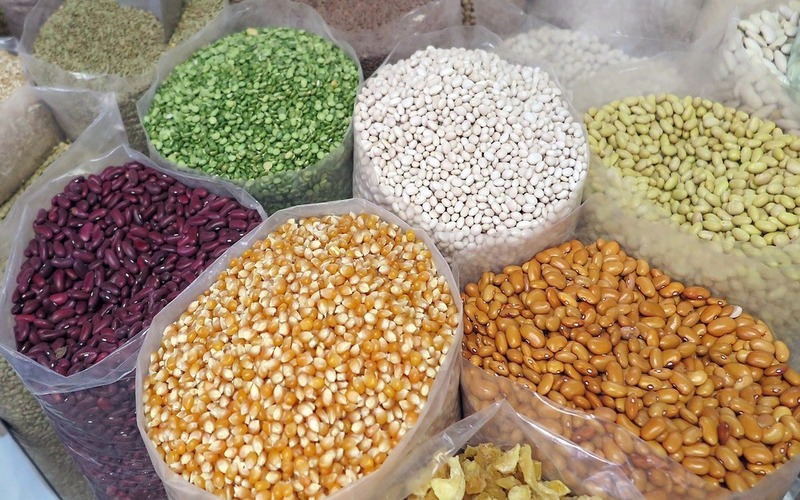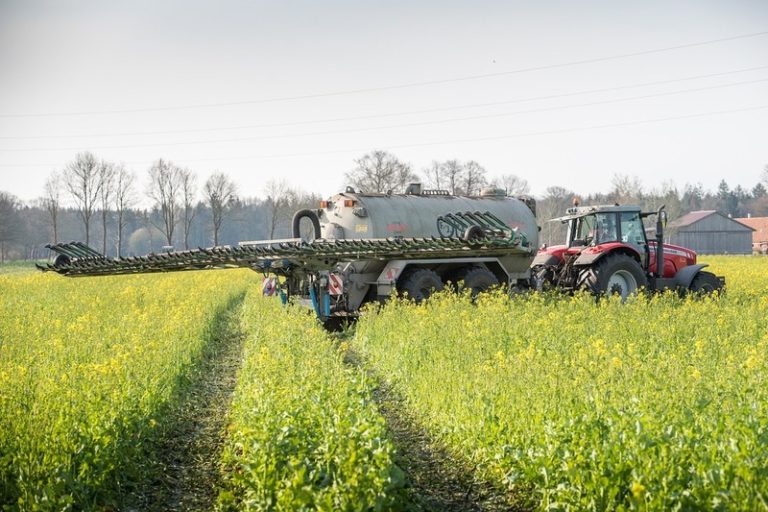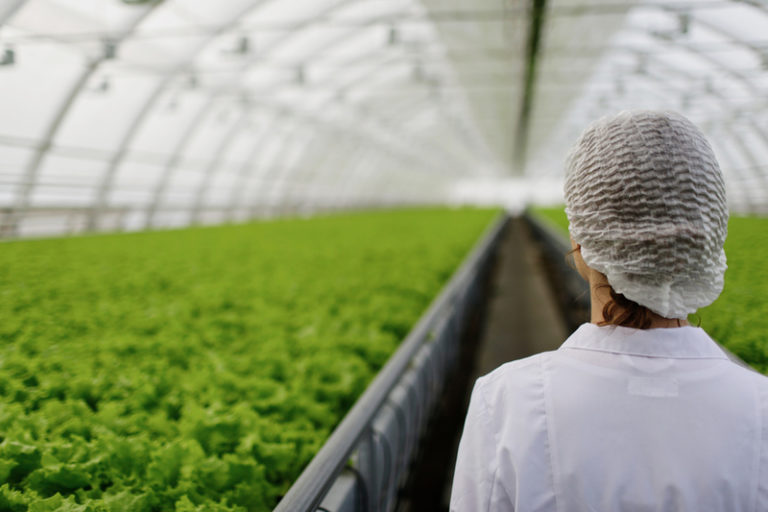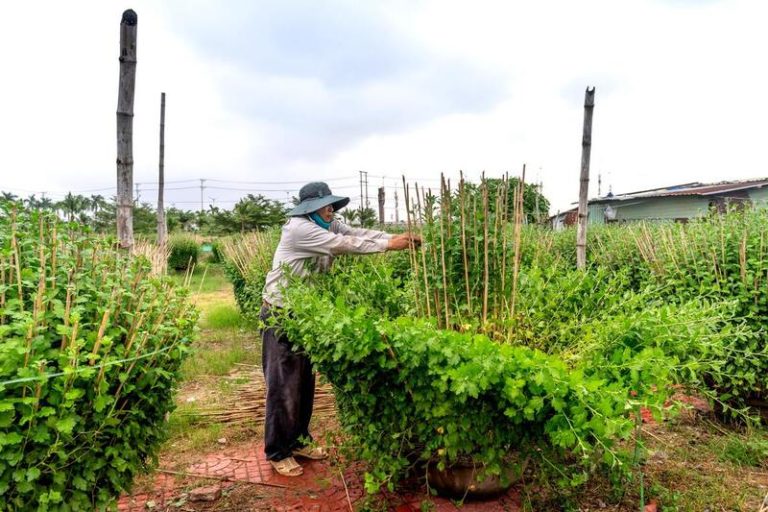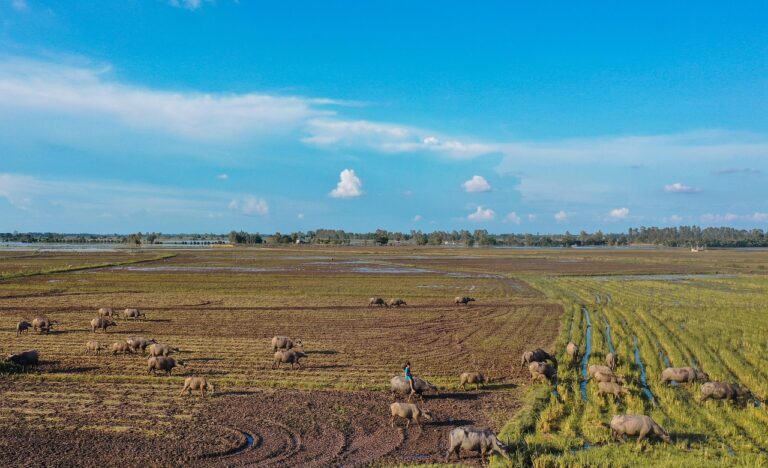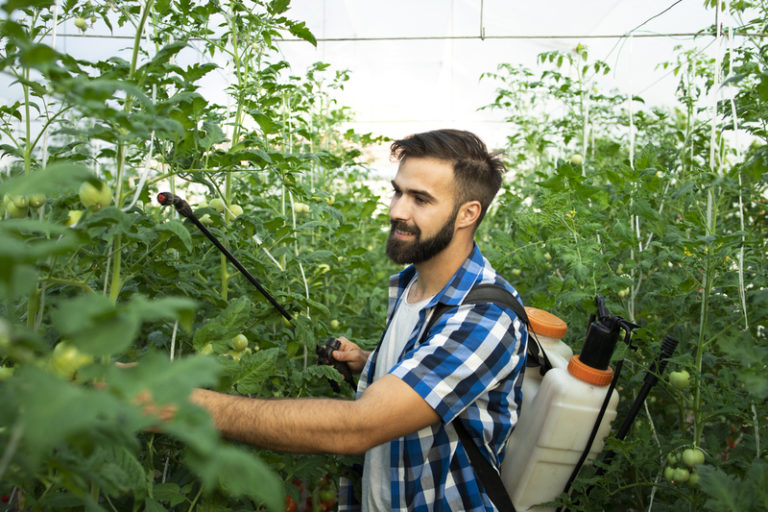Food Security: Definition, Importance, and Strategies for Achieving It
Food security is a critical issue that affects billions of people worldwide. According to the Food and Agriculture Organization (FAO), food security is defined as “a situation where all people, at all times, have physical, social, and economic access to sufficient, safe, and nutritious food that meets their dietary needs and food preferences for an active and healthy life.”
In this article, we will discuss the importance of food security, its challenges, and strategies for achieving it.
Importance of Food Security
Food security is important for several reasons. Firstly, it is essential for good health and well-being. Access to safe and nutritious food is necessary for healthy growth, cognitive development, and disease prevention.
When people are food insecure, they are more likely to suffer from malnutrition, which can lead to stunted growth, cognitive impairments, and chronic diseases such as diabetes and heart disease.
Secondly, food security is critical for economic development. Agriculture is a vital sector for many low- and middle-income countries, providing livelihoods for millions of people.
Improving agricultural productivity and increasing access to markets can help to reduce poverty and improve livelihoods, contributing to economic growth and development.
Finally, food security is important for social stability. Hunger and food insecurity can lead to social unrest and conflict, particularly in regions where food resources are scarce. Ensuring food security can reduce the risk of conflict and contribute to social stability and peace.

Challenges to Achieving Food Security
Despite its importance, achieving food security is not easy. Several challenges must be addressed to achieve it.
Poverty: Poverty is one of the main drivers of food insecurity. People living in poverty often lack the resources to buy food, and they may have limited access to education and healthcare, exacerbating the problem.
Climate Change: Climate change is affecting agricultural production, making it harder for farmers to grow crops and rear livestock. Extreme weather events like floods, droughts, and heatwaves can cause crops to fail, food to run out, and prices to go up, which can make it hard to get enough food.
Conflict: Conflict and instability can disrupt food production and distribution, making it hard for people to access food. In places where there is violence and conflict, people may be forced to leave their homes, lose their jobs, and be hurt, making it hard for them to get food.
Food Waste: Food waste is a significant problem, as it results in the loss of valuable resources that could be used to feed people. In developed countries, most food waste happens at stores and with consumers. In developing countries, most food waste happens during handling and processing after harvest.
Strategies for Achieving Food Security
Even though there are problems, there are many ways to make sure there is enough food for everyone. Some of these include:
Improving Agricultural Productivity:
Improving agricultural productivity can help increase food production, making it easier for people to access food. This can be done by using better farming methods, such as planting different kinds of crops, using better seed varieties, and watering the land.
Reducing Food Waste:
Reducing food waste can help ensure that food resources are used efficiently. This can be achieved through better storage and transport infrastructure, as well as consumer education on how to reduce food waste.
Supporting Smallholder Farmers:
Supporting smallholder farmers can help improve their livelihoods and increase food production. This can be achieved through access to credit, training, and technology.
Increasing Access to Markets:
Increasing access to markets can help farmers sell their products and increase their income. This can be achieved through better transport infrastructure, marketing support, and access to information.
Conclusion
Food security is a critical issue that affects billions of people worldwide. Achieving food security requires addressing the challenges of poverty, climate change, conflict, and food waste.
Strategies for achieving food security include improving agricultural productivity, reducing food waste, supporting smallholder farmers, and increasing access to markets. By working together, we can achieve a world where everyone has access to safe and nutritious food.
Also Read:
7 Key Practices of Sustainable Agriculture for a Healthier Planet

